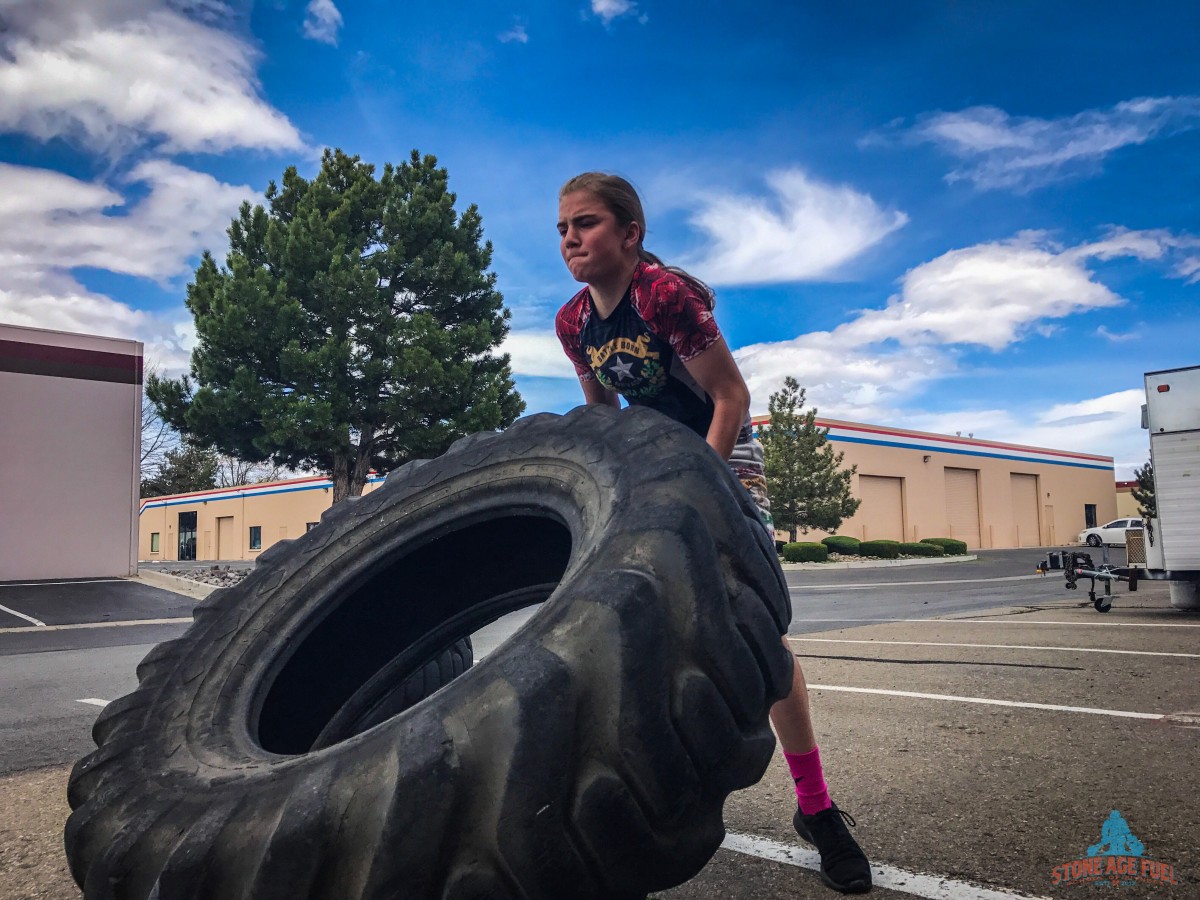How we’re different than the other gyms

Generally, a gym experience comes in one of three forms:
- Globo gym: This is the big box, community center style of gym. Generally, you pay between $20 and $100 a month for the use of the equipment and you can work out on your own time and at your own leisure.
- Group Exercise facility: You pay to attend group exercise classes, be it boot camp, yoga classes, spin classes, CrossFit classes, pilates, Orange Theory etc. Typically, you pay somewhere in the neighborhood of $100 to $180 a month for unlimited classes, or you buy a punch-pass for $20 a pop.
- Personal Training Studio: You work predominantly with a coach in a one-on-one environment, and pay anywhere from $65 to $100 an hour for personalized coaching (often $1,000 + a month).
We are NONE of the above. But before I get into what we do, let’s take a look at some of the pros and cons of the latter three types of gyms.
Globo Gym:
Pros: Memberships are typically quite inexpensive, and if you’re experienced, fit, healthy, injury-free and comfortable in the gym, you can follow a program that caters to your needs and goals and you will see real fitness results.
Cons: You receive little to no guidance from a coach, so more often than not members aren’t working on the things they need to be working on to reach their health, fitness, and body composition goals.
And because there’s no accountability to stick to your commitment to fitness—nobody reaches out if you stop showing up—members often fall off the bandwagon, yet continue to pay their membership dues because the fee is small enough they barely realize the money is trickling out of their bank account.
Thus, most people don’t see results and don’t stick around. Further, the vibe tends to be quite anti-social; people show up with headphones on and listen to music as they grind it out on their own, not speaking or connecting with anyone around them.
In other words, there’s no feeling of community in most Globo gyms.
Group Exercise Facility
Pros: Training in a group is fun, social, competitive and motivating. There’s often a strong feeling of community and people make lasting friendships with other like-minded, health-conscious individuals.
While more expensive than a community center membership, fees are still much more affordable than personal training studios.
Cons: Your fitness is generally done in a group environment, so there’s little to no individual programming or coaching. This means your personal weaknesses, limitations, injuries, let alone wants, needs and goals, aren’t addressed:
You’re at the mercy of the group, as opposed to what you need as an individual. This leads to injuries and/or low accountability to one’s fitness. (Generally, when fitness is done via group exercise classes alone, annual churn rate among members is 70 percent, meaning 7 out of 10 members don’t last even one year in this environment).
Personal Training Studio:
Pros: You receive personalized care from a professional coach, who caters to your individual goals, wants and needs. This personal coaching helps you achieve fitness goals and reduces your chance of injury.
Accountability also tends to be high because you have an appointment with a coach, who you have an actual relationship with, and are paying a premium to be there.
Cons: It’s expensive (often completely unaffordable for many) and lacks a sense of community. When you speak to people who go to a personal training studio, they often reveal they only know one person in the whole gym:
Their personal coach. Thus, it’s challenging to forge a community support network at a personal training studio.
Enter StoneAgeFuel: The impetus behind what we do is to combine the pros from all of the above models while ditching the cons!
From a practical standpoint, here’s what it looks like:
Step 1: Fundamentals
You will get paired up with a coach you feel you’re connected with—someone you trust with your long-term health and fitness needs.
You begin by doing an introductory session with this coach, followed by approximately 10-20 personal training sessions (depending on your individual needs).
These sessions help identify your current fitness level, your injury history, your strengths and weaknesses, and your fitness and body composition goals.
Based on the above, you will be given a toolkit to help prepare you to be successful in group classes.
Step 2: Hybrid Membership
Once you’re prepared, you will graduate to group classes and will begin a combination of weekly group classes (two to five classes per week), plus periodic personal training sessions with your personal coach.
The frequency with which you meet your coach depends on your goals, needs, and budget, but is generally once a week, once a month, once every six months or once a quarter.
These sessions will help keep you on track with your goals, and will also provide an opportunity to address what’s working and what’s not working in classes, so you can adjust accordingly to ensure your continued progress.
As a result, we believe our hybrid model provides you with all that is required to be successful in health and fitness, including:
- A personal coach to cater to your individual needs so you actually see fitness re
- A community-based, social environment, where you’ll feel a sense of belonging to a supportive community of friends.
- Financially affordable.






